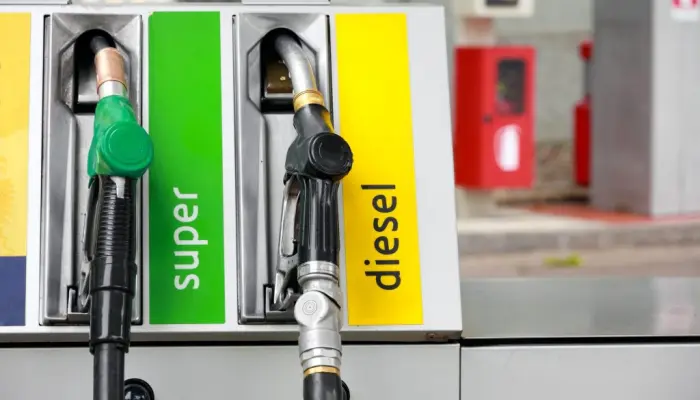There is no right or wrong answer to the question "gasoline or diesel?" There are only preconditions. Until recently, almost until 2016, most buyers in many countries desperately wanted to buy a diesel car. The share of demand for new cars with diesel engines then soared to 72% of the entire market!
However, due to the tightening of European emission standards, the emergence of modern gasoline engines, and some scandals related to diesel fuel (such as the Volkswagen dieselgate), this percentage has decreased. But why did everyone want diesel? It's obvious: low fuel consumption...
The general perception of diesel cars is that they consume less fuel and have lower operating costs. These are indeed some of the advantages of diesel engines, but consumers should be aware of both sides of the coin. In this article, we aim to highlight the pros and cons of "gasoline" and "diesel."
So, let's consider everything in order, so that when the time comes to buy your next car, you can make the most informed decision! Gasoline or diesel? It's up to you to decide!
Advantages and Disadvantages
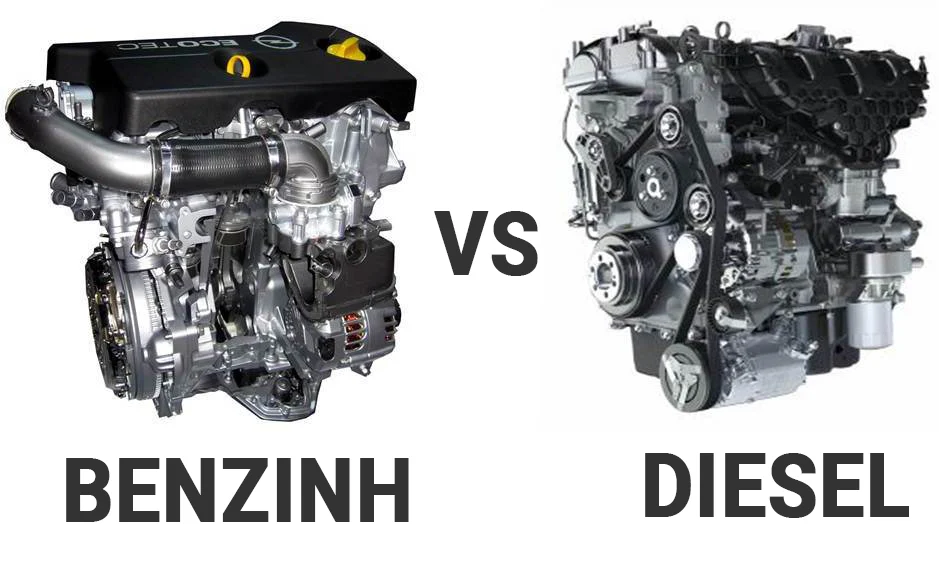
Gasoline: - Purchase cost - Engine performance - Easy and inexpensive maintenance - Environmental impact - Reduced residual value - Durability
Diesel: - Low fuel consumption - Long-term durability - Torque - Residual value - Purchase cost - Maintenance cost
Let's be more specific...
Which is more cost-effective in the end, gasoline or diesel?
Let's see step by step how each fuel affects your wallet! Let's get started!
Operating Costs
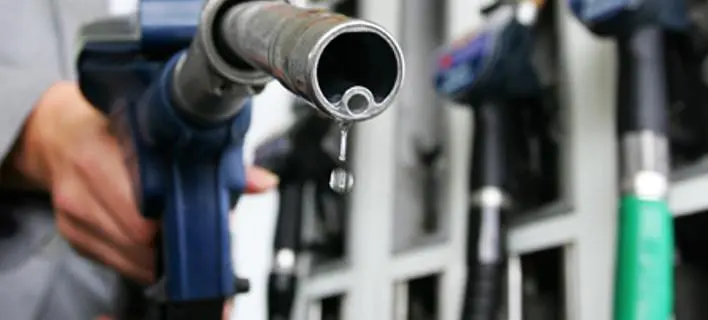
If you drive a lot of miles daily or use your car as a work tool, the last thing you want to do is constantly stop at the gas station. What do we mean by "a lot of miles"? More than 50 per day. In this case, there is no doubt that diesel cars are the most sensible choice.
In addition to low fuel consumption, diesel fuel also costs less. This means that operating costs will be lower, so in this first round, diesel is the winner.
Gasoline vs Diesel 0:1
Car Purchase Cost
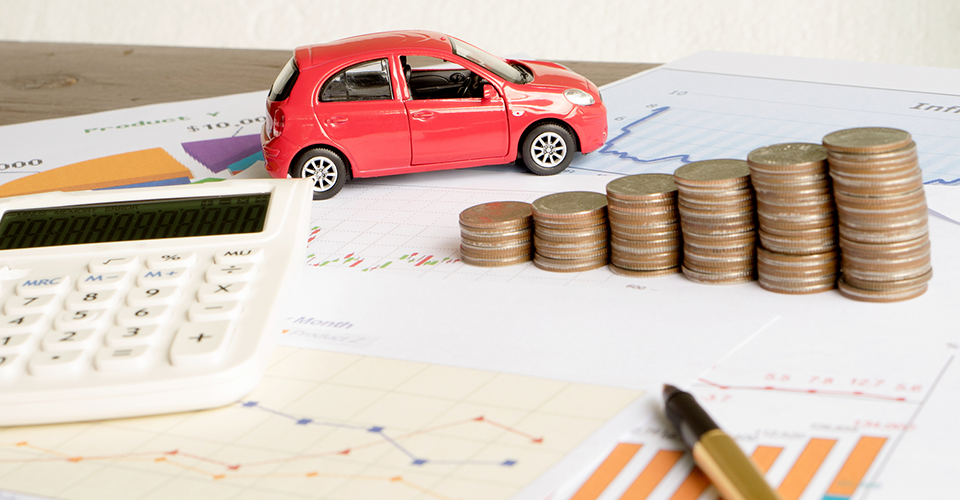
The most obvious costs to consider are related to buying a car, i.e., how much it will cost. Traditionally, gasoline cars are cheaper than their diesel counterparts. The additional cost you pay for a diesel car can theoretically be offset by lower fuel consumption and the lower price of diesel fuel per liter.
However, as we mentioned earlier, if you do not drive a lot of miles (more than 18,000 km per year) or do not plan to keep the car for a long time, then choosing a diesel engine does not make sense as you will not gain any significant benefit. Therefore, in this round, gasoline cars level the score due to the lower purchase cost.
Gasoline vs Diesel 1:1
Maintenance Costs
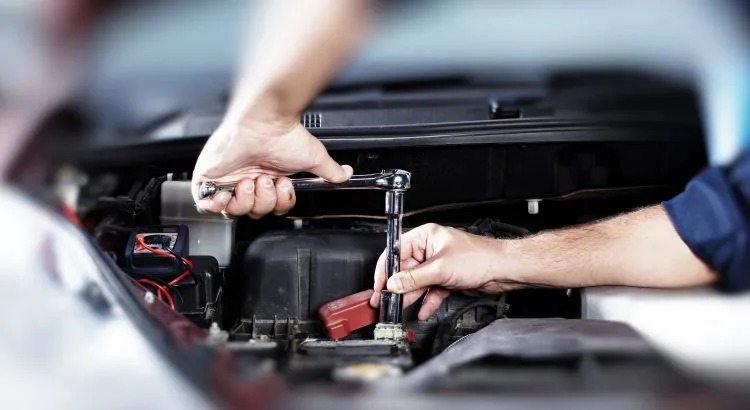
When it comes to maintenance, diesel engines are more resilient than gasoline engines, meaning that if you choose a diesel car, visits to the workshop will not be frequent. However, when that moment comes, under ideal conditions (regular maintenance, refueling at stations with "clean" fuel), the maintenance cost of a diesel engine is approximately the same as that of a gasoline engine.
However, if conditions are not ideal, there is a higher risk of serious and costly breakdowns for diesel engines.
If a diesel car is poorly maintained, unforeseen major expenses may arise. A classic example is the replacement of a very expensive diesel particulate filter (DPF). It should be in good condition, not clogged and dirty.
The quality of the fuel poured into the engine also plays an important role. In a gasoline engine, the risk can be prevented by pouring high-quality gasoline from a selected gas station or just premium fuel. But with diesel, it's more complicated as the fuel is the same everywhere. Therefore, fuel pumps and all auxiliary units of the car, such as injectors, wear out more from low-quality fuel.
The result is again costly repairs. The winner in this category by a small margin is the gasoline engine!
Gasoline vs Diesel 2:1
Residual Value
.webp)
As mentioned in the introduction, the share of demand for diesel cars has decreased compared to the previous eight-year period. Back then, diesel cars had significantly better residual value than gasoline cars. Today, there is a relative balance in the market, and the shares of "gasoline vs diesel" are divided. However, car depreciation depends not only on the type of fuel. There are 14 other factors affecting residual value, and it's better to know them before buying a new car.
Despite rumors that diesel cars may be banned in European cities (we will consider this below), diesel-powered cars maintain their residual value steadily, possibly even slightly better than gasoline cars. Therefore, in this round, diesel cars are still the winners.
Gasoline vs Diesel 2:2
Road Performance
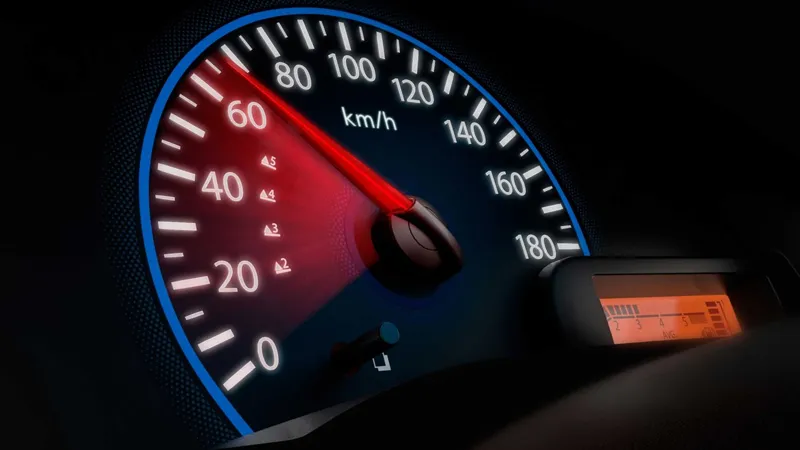
Regarding performance, there are significant differences between the two engine types. Although diesel engines have evolved in recent years and can rev at high speeds, providing decent performance, this applies only to racing versions, not regular road cars.
The advantage of diesel engines over gasoline engines is that they have more torque at low revs but lack duration across the entire rev range and do not have the same quick responsiveness as gasoline engines.
This does not mean that you will not enjoy driving a diesel; you will, but only at lower speeds.
If the test between the two engine types were an endurance race, diesel would easily win. Not so much because of the greater range but because, at lower speeds, the discs, pads, and tires will last twice as long as in a gasoline-powered car, simply wearing these components less.
But with a gasoline engine, you will get more enjoyment from performance. If you love speed, look at sports cars!
A goal from the locker room for gasoline engines!
Gasoline vs Diesel 3:2
Gasoline engines win by 1 point!
But we're not finished... there are still a few important points to mention!
The Most Common Scams Apply to Used Diesel Cars!
Since the demand for cheap used diesel cars with low mileage has skyrocketed in recent years, the market has been flooded with "bargain" scam offers!
If you are one of those looking for the above combination, i.e., a cheap used diesel car, you need to be very careful!
Many used car sellers import cars from abroad with unknown history, and you cannot confirm their real mileage. This alone can lead to unforeseen expenses!
A cheap diesel usually means an old diesel. In many countries, diesel cars with Euro-4 emissions standards and below are banned. Be careful, as most imported diesel cars sold on the market meet the Euro-4 standard or below.
The most reliable way to check if a car complies with Euro-4, Euro-5, or Euro-6 standards is to look at the registration certificate (in section V9) or ask an authorized dealer by the chassis number!
Summarizing..
There is no better choice between diesel and gasoline! It all depends on your needs, i.e., intended use, annual mileage, driving style, and how long you plan to keep the car.
In other words, here are the correct criteria for buying a diesel car to offset the additional acquisition costs:
1. Drive a lot of miles per year. How many exactly? From 18,000 km and above!
2. Plan to own it for many years. If you intend to keep the car for 2-3 years and then sell it, you will not see any difference in your wallet; moreover, you may end up losing because of the purchase cost.
And of course, if both of these conditions are met, then diesel is probably the ideal choice! Otherwise, a gasoline car will suit you in all aspects of everyday life!
Don't forget that technologies are evolving, and now car manufacturers are producing small and efficient gasoline engines with very low fuel consumption and high performance.
In general, why struggle and choose between gasoline and diesel when you can switch to an electric car and forget about this dilemma forever!
